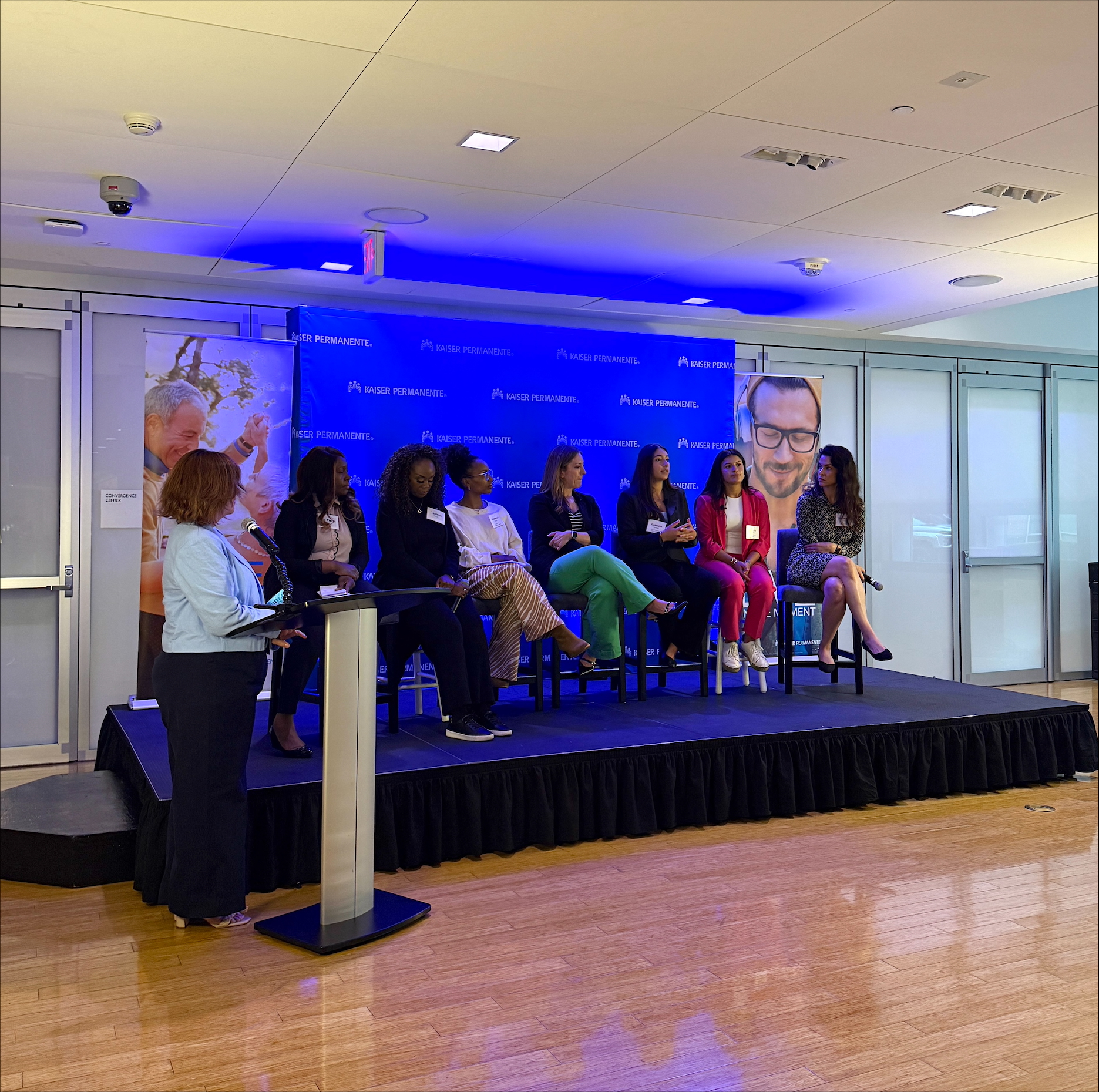A recent research report, published in the journal Hypertension, highlights the increased evidence of high blood pressure in children and adolescents that is adding to the obesity epidemic among young people and putting them at greater risk for serious health problems, including cardiovascular disease, organ damage, heart attacks and strokes.
Researchers from Harvard Medical School, Brigham and Women’s Hospital and other institutions funded by the National Institutes of Health, compared the blood pressure data of thousands of children from two National Health and Nutrition Examination Surveys. Results showed that the blood pressure of children ages 8 to 17 has jumped dramatically in recent decades. Researchers linked the rise in blood pressure to increasing body mass index and sodium intake in children, evidence that children are likely consuming too many fatty and salty foods and not getting enough physical activity.
“Recently, I’ve been a lot more of my patients having high blood pressure,” Dolgoff, a child obesity expert and creator of the “Red Light, Green Light, Eat Right” nutrition program, said. “I thought perhaps my blood pressure machine was broken. But actually the incidence of high blood pressure in children is increasing.”
The recent findings underscore the importance of addressing high blood pressure in children in order to address potential health risks early on. Researchers at Kaiser Permanente in Colorado and Northern California released findings today that highlight the complexities of assessing high blood pressure in children. The findings suggest that young people who have an initial high blood pressure reading at a clinic should be checked again at the same visit.
“High blood pressure during childhood can lead to high blood pressure in adulthood,” said Matthew F. Daley, MD, a researcher at the Institute for Health Research, Kaiser Permanente Colorado. “And adult cardiovascular disease — including coronary artery disease and strokes — can have its origin in childhood, so diagnosing and controlling hypertension in children is important for their health later in life.”
Read more about the Hypertension research report on high blood pressure in children.
Read more about the Pediatrics research report from Kaiser Permanente.




